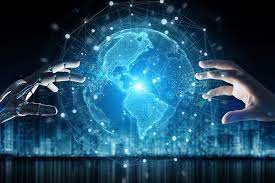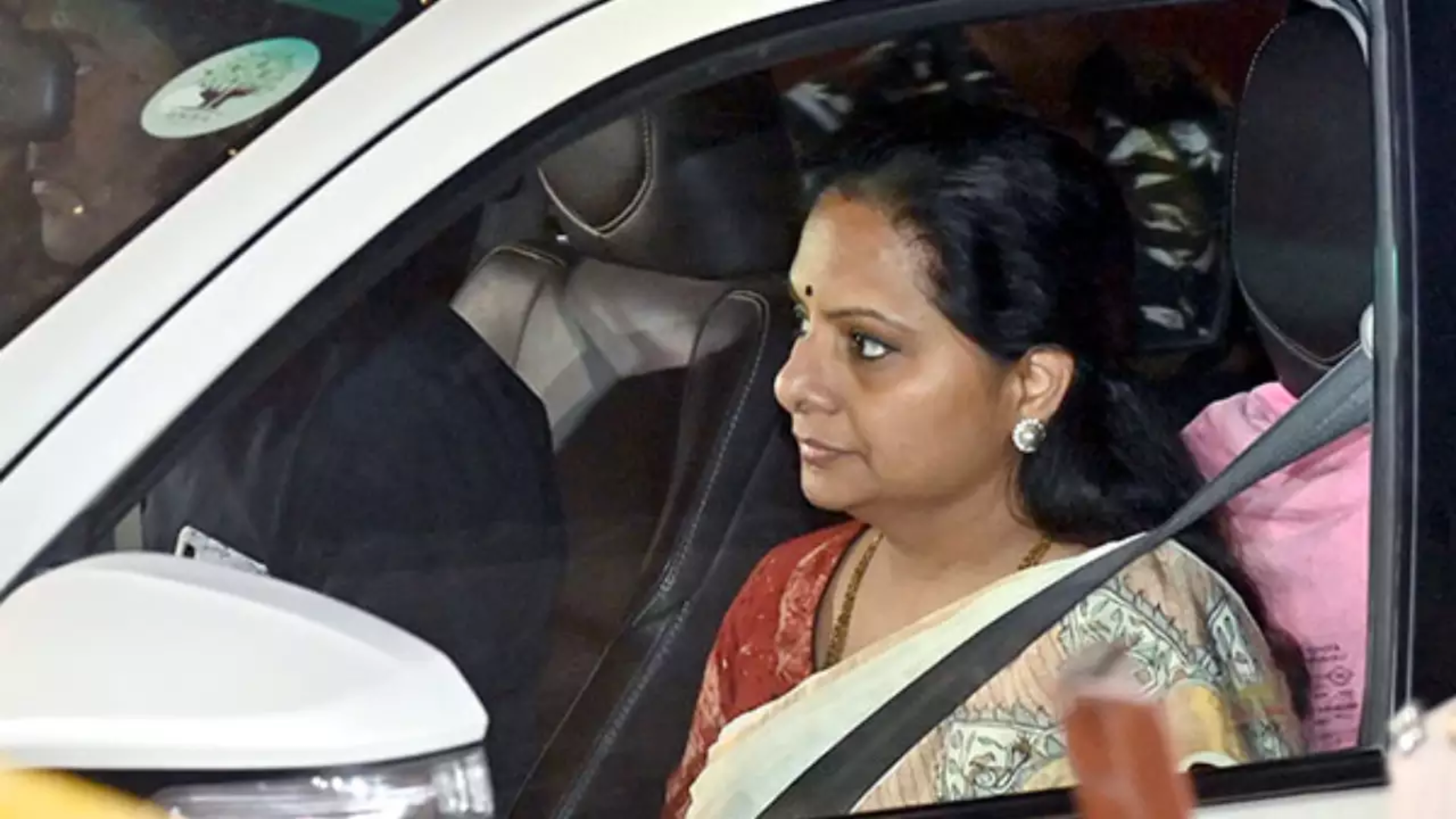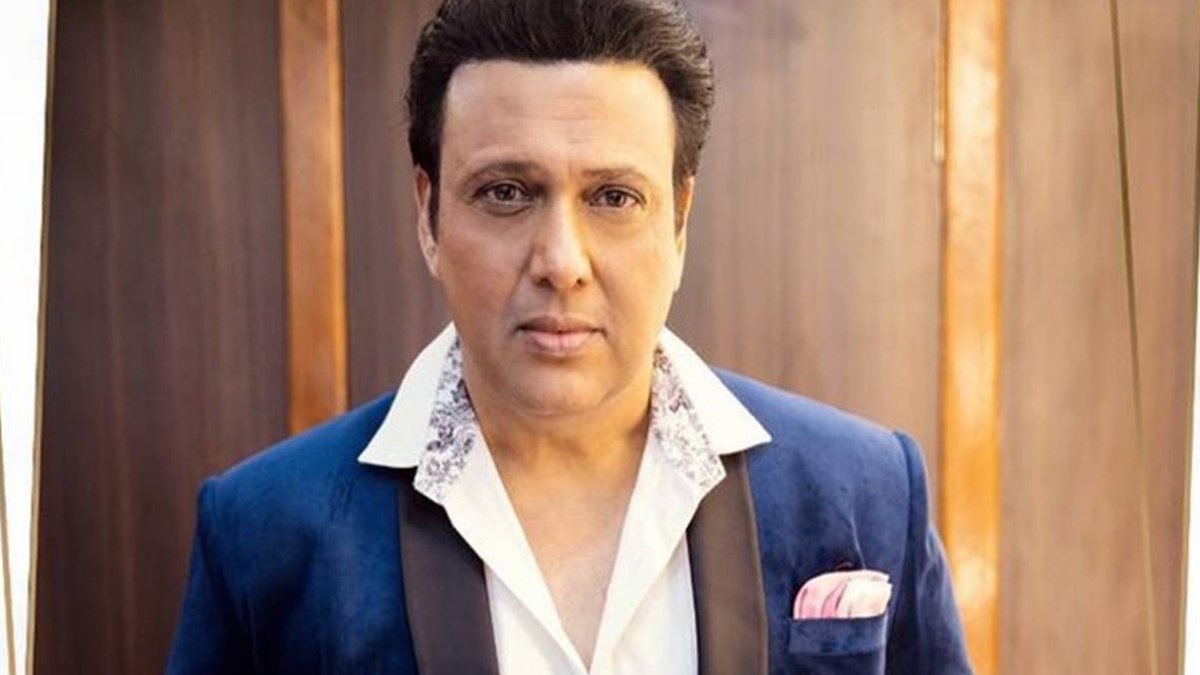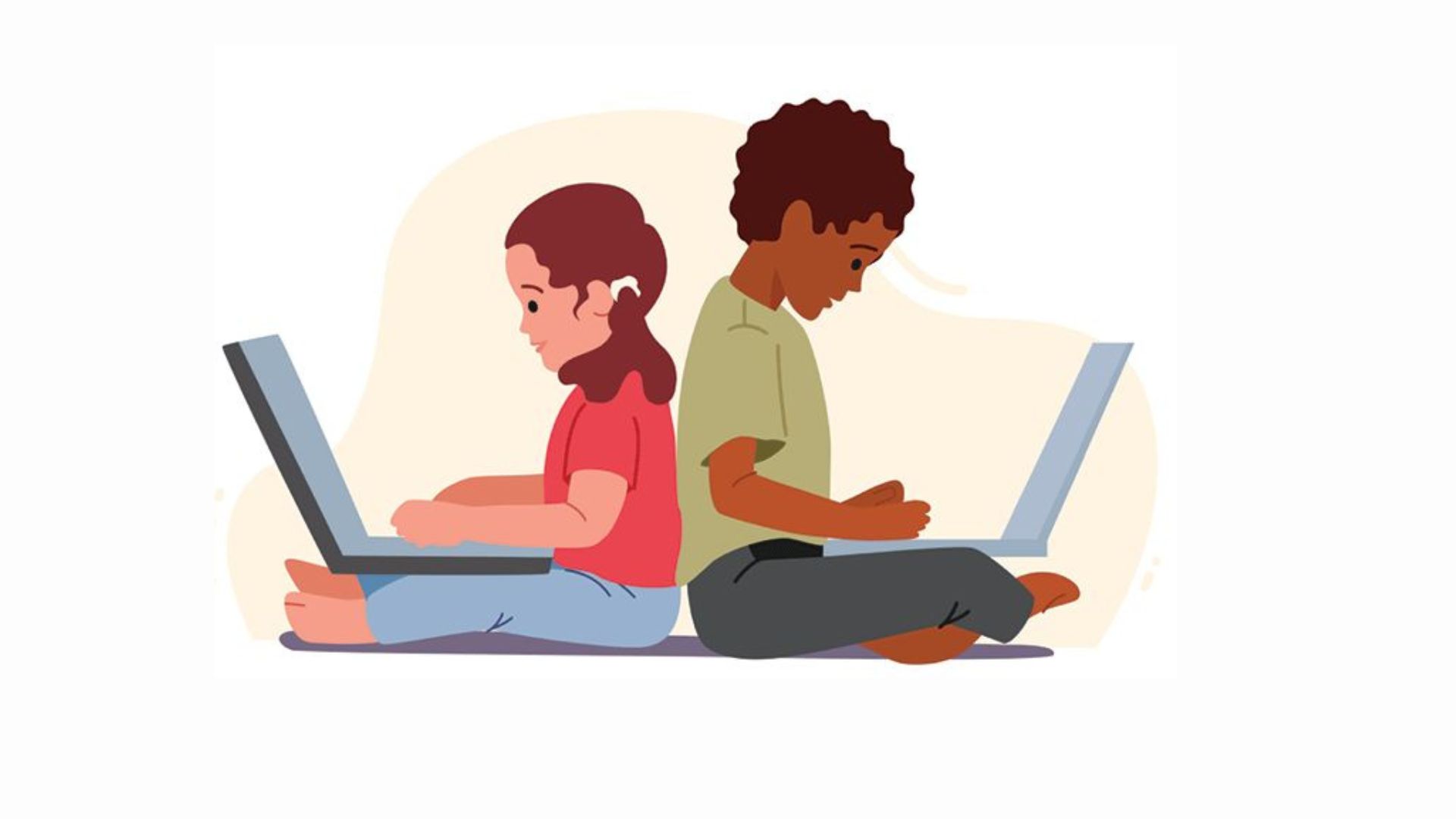
Everywhere, everybody is just talking about Artificial Intelligence. AI is revolutionizing the education landscape! AI is analysing vast amounts of data! AI helps in streamlining administrative systems! And so many other roles AI is already into.
Some interesting stuff, both positive and negative is also being talked about. Like, AI can help make education more inclusive especially for those with disabilities. For example, AI-powered transcription and translation services can aid students with hearing impairment or those who speak different languages. AI-powered adaptive learning platforms can dynamically adjust the difficulty level and content of lessons based on students’ progress and performance. And not just this, AI-powered platforms can facilitate continuous learning and upskilling opportunities for individuals throughout their lives. This is particularly relevant in a rapidly changing job market where the need for reskilling and upskilling is prevalent. And then there is one big concern, which is worth noting, that the use of AI in education has the potential for replacing human educators with machines. How do we decide? Things are just setting in! Should we positively understand that while AI can bring significant benefits to education, it is not a substitute for human teachers and mentors. The role of educators remains crucial in guiding and supporting students, fostering critical thinking, creativity, and emotional intelligence.
Let us understand a bit more. With the support of AI technologies, students can have access to vast amounts of information instantly. This can reduce the necessity for rote memorization of facts and figures, as they can readily look up information when needed. Similarly, while AI can assist in automating certain aspects of learning, it cannot replace the cognitive processes of thinking, understanding, and problem-solving that are essential for meaningful learning. Educators have to and will continue to play a crucial role in fostering critical thinking and helping students develop the skills they need to succeed in a rapidly evolving world.
We need to look at some other concerns too. One is about the children who do not have access to the internet, for them the world can be significantly different, especially in the context of education and learning. These children may have limited access to vast repositories of information available online. They may rely on traditional printed materials, local libraries, and textbooks for their learning resources. In any case, for years together we have seen that the children without internet access not only have had limited exposure to technology, including computers, tablets, and smartphones, they have also been facing challenges in keeping up with their peers who have access to online learning resources and tools.
AI’s impact on education can vary significantly between poor and rich students too due to the factors like access to technology, resources, and quality of education. Providing affordable access to devices and internet connectivity to underprivileged students is indeed a matter of concern. The digital divide could exacerbate existing educational inequalities. Poor students without access to AI-powered tools might fall further behind their wealthier counterparts who have access to technology. Poor students will remain unaware of cutting-edge technologies like AI-driven simulations and virtual reality, which will impact their future employability.
Parents today, also have their concerns. They worry about the impact of AI on job opportunities, the job market, and the skills their children will need to succeed in an AI-driven world. Since AI has potential to reduce human-to-human interactions, parents also fear that excessive reliance on AI might lead to a loss of social skills and emotional intelligence in their children.
Teachers too, have their concerns! Many teachers understand that AI can be a valuable tool to support and enhance their teaching practices. But as technology continues to evolve, teachers’ roles will have to adapt in a manner wherein the importance of their expertise and human touch in education should prevail. It is difficult to assess if AI-generated content might blur the lines between human and AI-generated work, affecting everyone’s ability to assess content authenticity.
What then is the solution? Do we believe that children who lack internet access rely more on human interaction and traditional teaching methods, or they have better critical thinking and problem-solving abilities. This is better said than done, because limited access to information hugely impacts the depth and breadth of their knowledge.
Policy makers in the field of education are also recognizing the potential impact of AI on children’s education and are actively considering various aspects to ensure its responsible and beneficial integration. It is crucial for parents, educators, policy makers, and the AI industry to work together to develop and implement responsible AI practices. By approaching AI integration in education and other domains thoughtfully and ethically, we can maximize its benefits while minimizing potential risks to children’s well-being and development. In fact, the real task ahead of us is to capacitate the teachers to deal with AI smartly. By adopting a proactive and informed approach of integrating AI into their teaching practices, they can create a more personalized, engaging, and effective learning environment for their students while maintaining their essential role as a mentor and guide. The key is to embrace AI as a complementary tool and harness its potential to support and enhance the teaching profession rather than fearing it as a replacement.
Dr. Benazir Patil is Chief Executive Officer – SCHOOL















